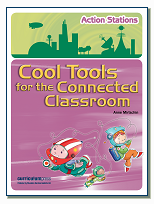
One of my special online colleagues, Sebastian Panakal is an educational entrepreneur from Kerala, India, and a tireless worker who is passionate about his people, their education and their economic future. On many, many occasions he has spoken to students, staff and parents from my school in Australia, using Skype to connect. In turn I have been able to reciprocate and connect with schools, classes, community members etc in Kerala.
Technology enables us to connect in ways never thought previously possible. It’s innovative use is just starting to impact on global education. The ability to learn from others in any country, any time and a variety of ways can help those in lesser developed countries improve their education and expand their learning/knowledge. Nelson Mandela said:
“Education is the most powerful weapon you can use to change the world”.
Last week, Sebastian connected me (over Skype) to Mr Ravindran, of Kerala, India. Initially, I spoke briefly to Sebastian who then introduced me to a retired female Principal who is learning to teach online under Sebastian’s tutelage.

Next, Mr Ravindran was introduced and he spoke of ways that he may be able to help me and other members of our global network, when visiting India. He spoke of his Commerce degree and background which was of high interest to me as that is my academic background and the area that I teach in. I spoke briefly of what I do but it was only when I had hung up that I realised the importance of this friendly gentleman.

He is an important community member and his business card reads as follows:-
U. P. Ravandran, M Commerce, a member of the Prime Minister’s 25 circles (Interaction with the Prime Minister, Indian Defence, Indian Railways, Schwachh Barath Mission, Anti-Corruption, Legal Cell, Women Protection, Consumer Protection, etc).
He has direct access to the Prime Minister’s office to report on what goes on locally here in Kerala. This helps the PM’s office localize and customise their work in Kerala.
Sebastian has a wonderful vision – a project to employ one million people as English Language Coaches – each one teaching one program. Those who are fluent in the language will help those who are not, using Skype for educational purposes, accepting an honorarium, if given.
Sebastian has contact with senior citizens who are eager to use their time productively, empowering people who need a mentor in language learning. Read more at the EldersSole. The idea has been work in progress for two year. See Language Learning Circles and Speak English for Money. This project is about to be launched to help the people of Kerala learn English. Mr Ravindran is supporting this project.
It would be fabulous if the people of Kerala could offer to teach their native language to others across the world. People in advanced countries could be willing to pay for native speakers to teach them. Courses could be setup, including advanced or basic tourist conversational courses, cultural and heritage lessons. Tools like Skype can used for direct interacting and learning. There are many options available (and many that have not even been thought of) that innovative entrepreneurs like Sebastian (with a fabulous global professional network) and supportive mentors like Mr Ravindran will be able to use, to advance the learning and financial opportunities for the people of India.
All the best in this innovative adventure in global connection and learning!
















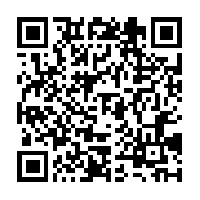




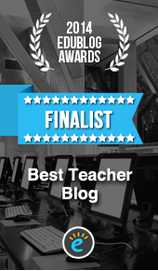

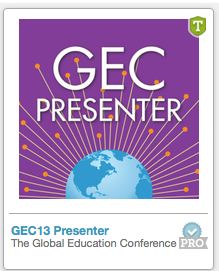
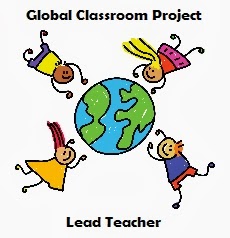
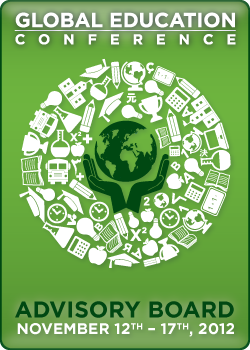
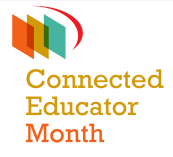
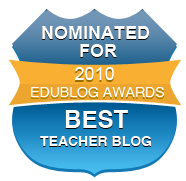


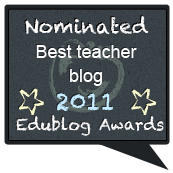
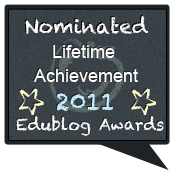
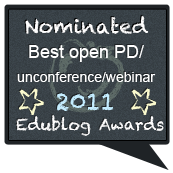
 Twitter/murcha
Twitter/murcha Del.icio.us/murcho
Del.icio.us/murcho GMail/Anne M
GMail/Anne M Blog/Anne M
Blog/Anne M